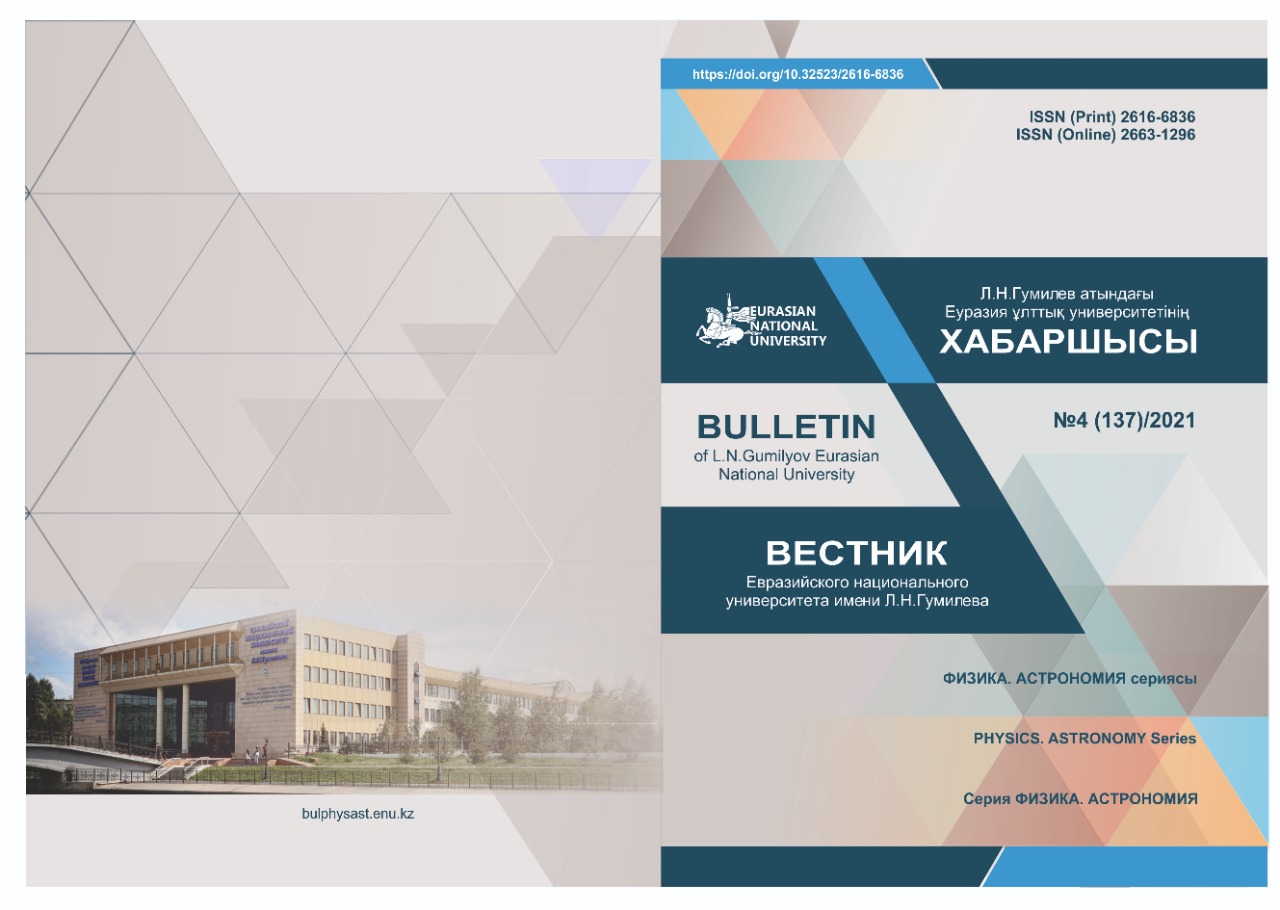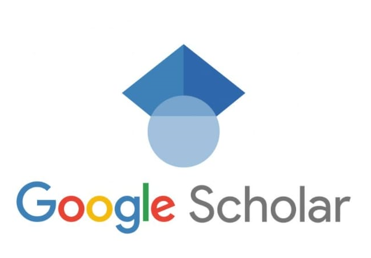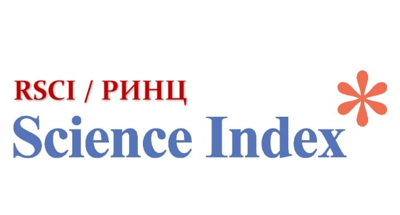Formation of general education skills on molecular physics
Views: 192 / PDF downloads: 275
DOI:
https://doi.org/10.32523/2616-6836-2020-133-4-16-22Abstract
education has set a goal to develop personality traits that are needed for social and value activity of a person in society. It states that knowledge, ability, skills and competencies ensure the achievement of full development of all important qualities of the person. Including the
demonstration of physical phenomena allows the teacher to direct the cognitive activity of students in the process of observation and study of phenomena in molecular physics. With the help of physical experiment solve different problems. Physics is an experimental science.
With the help of physical experiments, various tasks and learning goals are solved, we will consider the experiments of molecular physics. A number of possible ways for students to learn the laws that take into account the general characteristics of a particular gas and the strength of intermolecular interactions are analyzed. In addition, students study the difference between the van der Waals
equation and the Mendeleev-Clapeyron law and make sure that this equation correctly describes the state of real gases.Therefore, the study of gas equations forms students’ complex fundamental concepts, uses the distribution of interrelated levels of knowledge development, which are the most important conditions for their formation and assimilation.
The ordering of the basic ideas of molecular physics is of general importance for their mental development, especially for the development of imagination and theoretical thinking. In this regard, mastering the basics of scientific knowledge will undoubtedly contribute to improving the effectiveness of the educational process.










